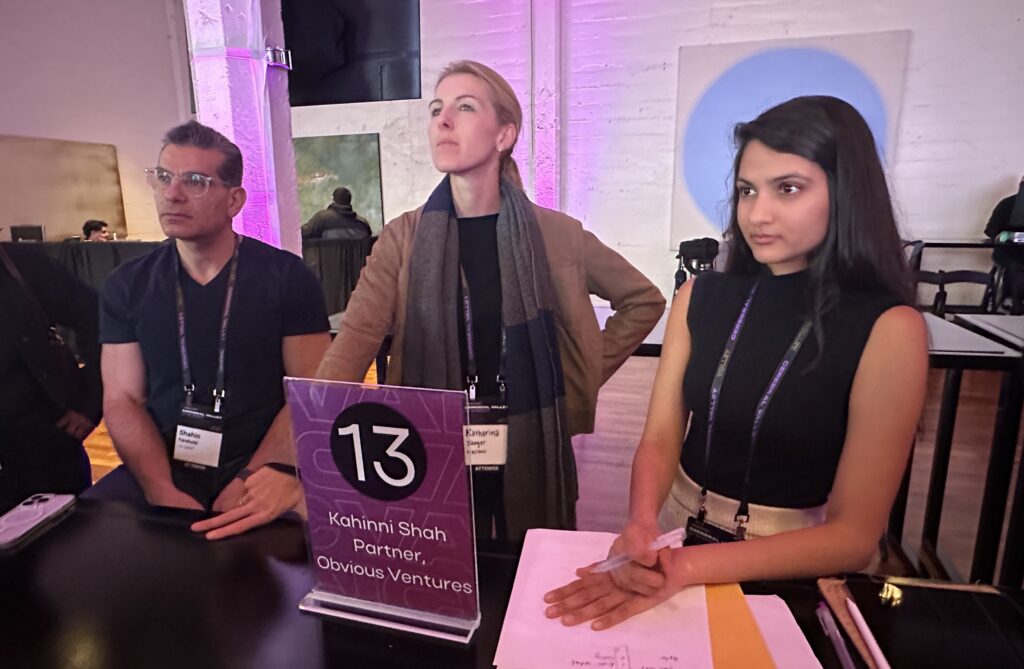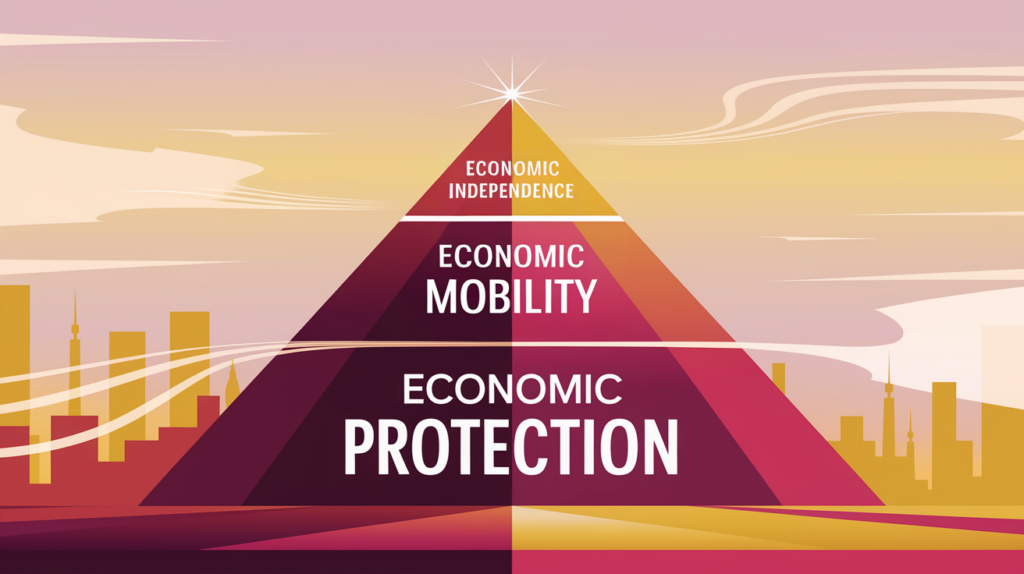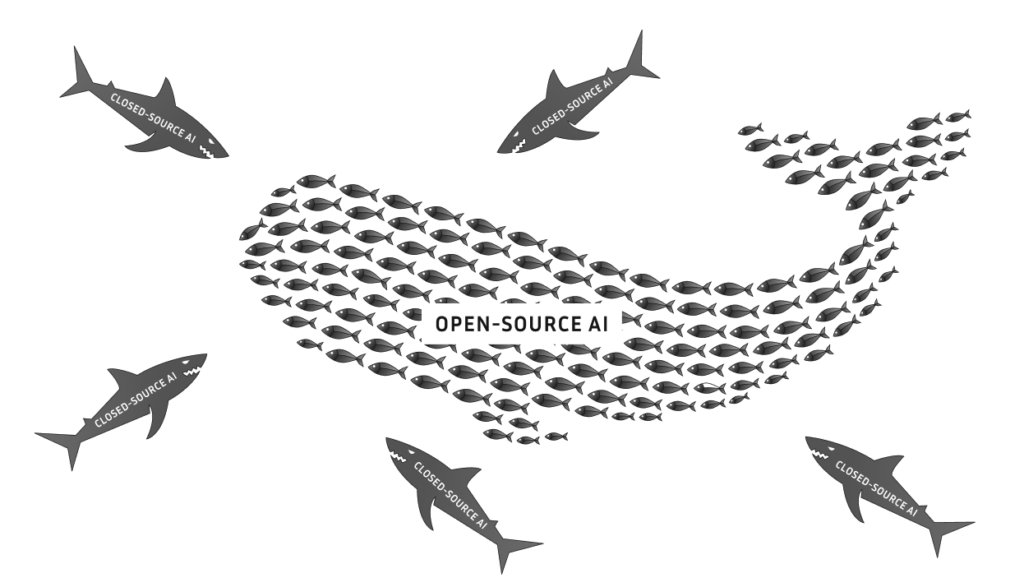5 Takeaways from the Cerebral Valley AI Summit 2024
Kahini Shah |

Every year, the Cerebral Valley AI Summit brings together researchers, technologists, and innovators to discuss and explore the rapidly evolving landscape of AI. This year’s conference dug deep into the most pressing challenges and opportunities in AI development, with a particular focus on agentic systems, human-AI collaboration, and the future of intelligent technologies.
For the past few years, AI has been on an explosive trajectory of growth and enthusiasm. This year, the focus has shifted to the maturation of generative AI, its adoption by enterprises, and its progress toward more advanced, multi-modal, and intelligent models—along with the challenges that lie ahead and strategies to address them.

Here are my five major takeaways, and the areas where Obvious is looking for partners to build the future of AI:
Agentic AI is full of promise—but it’s uncharted territory
Autonomous AI agents are generating immense excitement. But significant obstacles remain. These systems behave in ways that can be unpredictable, making it difficult to test them thoroughly or plan for potential failures. Building reliable agents means creating systems that can handle complex and nuanced situations without confusion. This is difficult technology to develop and underscores the need for entirely new approaches to testing and ensuring agentic reliability.
The next frontier is training AI with human behavior
Chat-based models like ChatGPT have been trained on the vast reservoir of internet-based data. Agentic AI requires something much harder: data on human behavior. Unlike web data, which is abundant and structured, data on human actions is sparse and complex, and thus difficult to acquire for system training. We will need innovative approaches to gather and analyze this data, perhaps through AI systems designed to observe, learn, and generate human-like behavioral datasets.
The speed of AI development depends on its use case
Models are advancing, but unevenly. Deterministic tasks like coding and math benefit from clear right-or-wrong outcomes, enabling precise and measurable improvements. But areas requiring interpretive or ambiguous decision-making, like creative writing or strategic planning, progress more slowly. Tailoring AI advances to specific applications is crucial for maximizing its potential.
Human adoption is a barrier as much as technology
The success of AI in enterprise environments hinges on human acceptance. People need to trust AI, feel secure about its impact on their roles, and see measurable returns on investment. Building this trust requires designing systems that are user-friendly, transparent, and aligned with human values and workflows. This cultural shift may prove just as important as technological development, if not more.
Humans will remain integral in the age of AI
Despite fears of automation, AI’s future relies on human expertise. Anthropic CEO Dario Amodei pointed out that even in the most extreme case, when AI can perform up to 90% of tasks in certain domains, humans will be essential for maintaining, optimizing, and ethically governing these systems. New roles in curating data, fine-tuning prompts, and overseeing operations will emerge, making the human-AI partnership critical for long-term success.
Bonus insight: Robotics are advancing—and maybe inflecting
A key highlight was the discussion on robotics, and on news of the first humanoid robot entering production. Autonomous robotic systems like Waymo’s vehicle fleet in San Francisco mark progress in semi-structured environments, but lagging progress in wider fields underscores the challenges of more nimble robotics that can operate across different environments. That might now be changing. While the field may never have a splashy ChatGPT-style debut, more generalized robotics is certainly coming.
Are you working in agentic AI? Get in touch.



